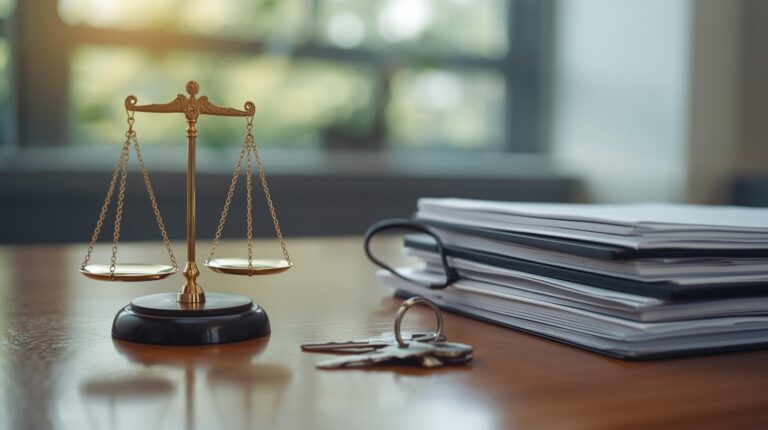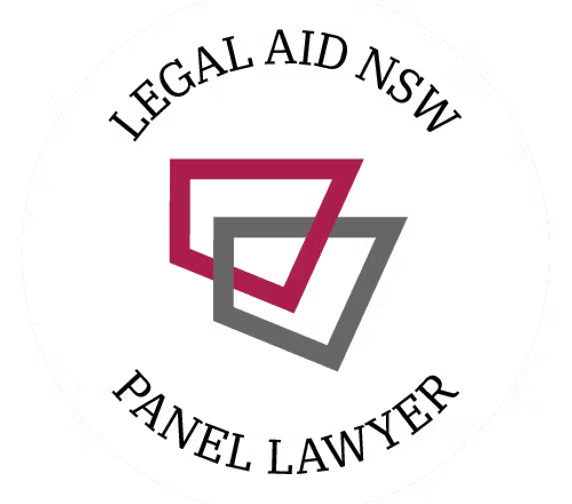Unlawful Assault
An offence of Unlawful assault is considered the least serious, as these charges involve a person (accused) assaulting another person (complainant) without causing bodily injury.
The offence for Unlawful assault is outline in section 23 of the Summary Offences Act 1966, it states:
“Any person who unlawfully assaults or beats another person shall be guilty of an offence”
Actions that might Establish Unlawful Assault
Generally, the police wont charge a person with unlawful assault unless a significant degree of force has been applied, or evidence of threats of violence have been provided. Unlawful assault consists of:
- Threatening to hurt another person;
- Spitting upon another person;
- Kicking, punching, hitting another individual without causing bodily harm.
What the prosecution must prove?
In order for the police to charge an accused with unlawful assault, the must prove the following elements beyond reasonable doubt:
- They touched, struck or applied force to another individual or threatened them with instant violence.
- They done so intentionally or recklessly;
- The actions by the accused were not consented by the complainant;
- No lawful justification or excuse for such actions.
Possible Defences?
A likely defence for a charge of unlawful assault includes but are not limited to:
- The accused acted in self-defence;
- The accused has a lawful justification or excuse such as mentally impaired;
- The complainant did consent to the assault;
- The actions by the accused weren’t intentional or foreseeable.
Penalties
If an accused is found guilty of a charge for unlawful assault, they can be subject to:
- A maximum fine of 15 Penalty Units or three months imprisonment.
The court has the discretion to charge you with the maximum penalty available depending on your pleadings and case circumstances.
Where will your matter be heard?
In Victoria, Unlawful assault is a summary offence and will be heard at the Magistrates Court.
Need to speak with a lawyer?
Our experienced lawyers are here to help you understand your legal rights and options. Contact us for a confidential discussion about your situation.


















